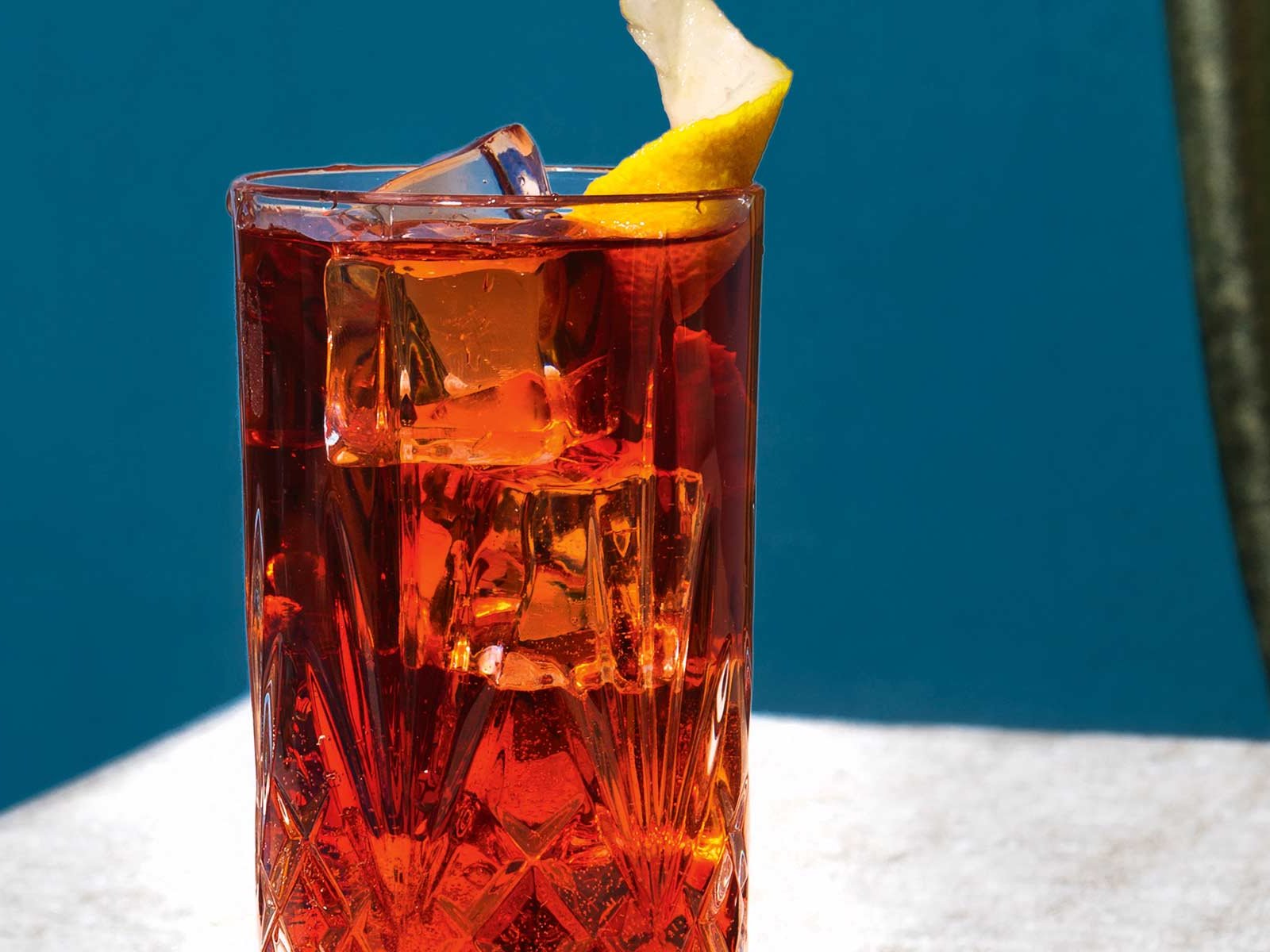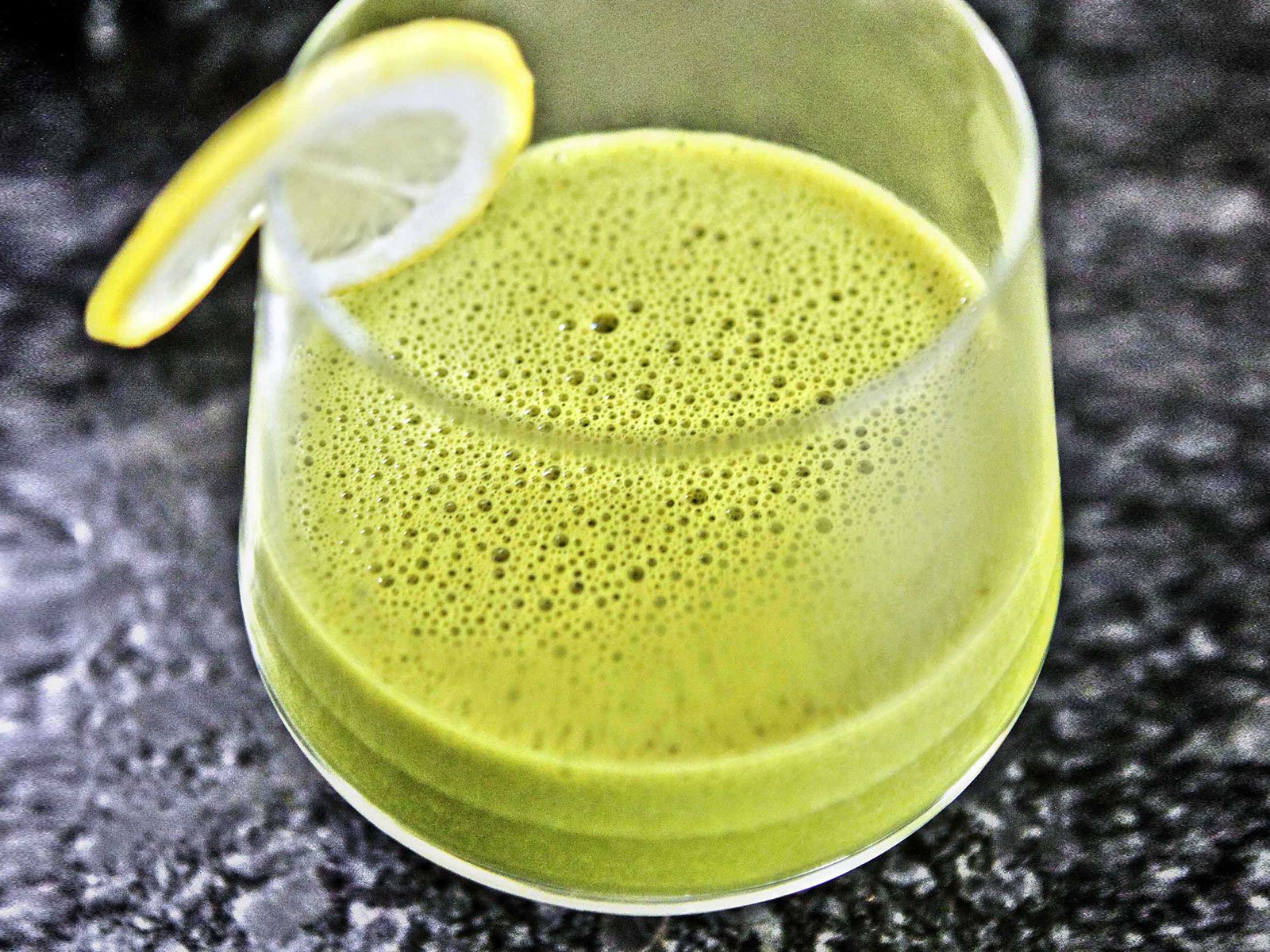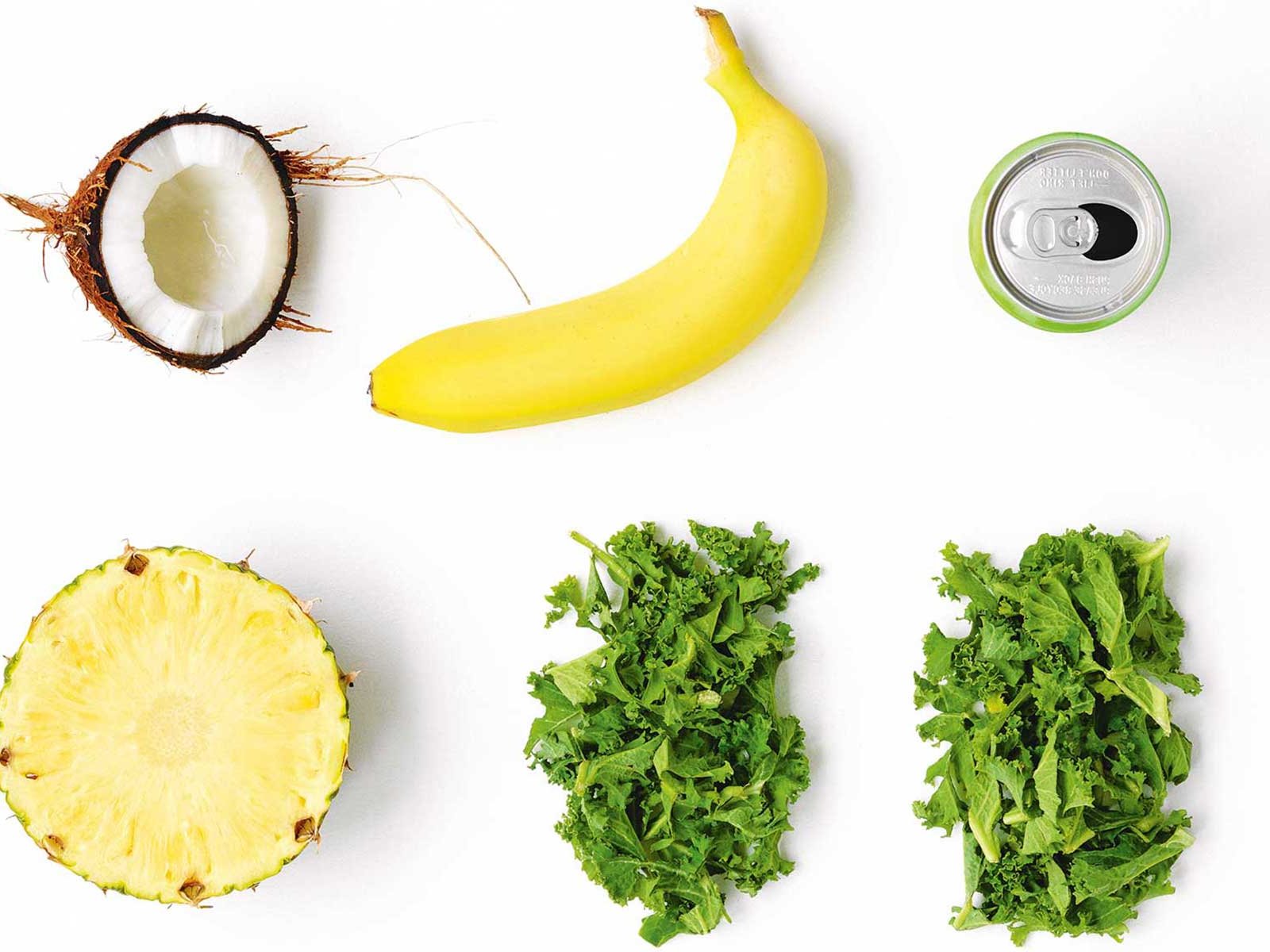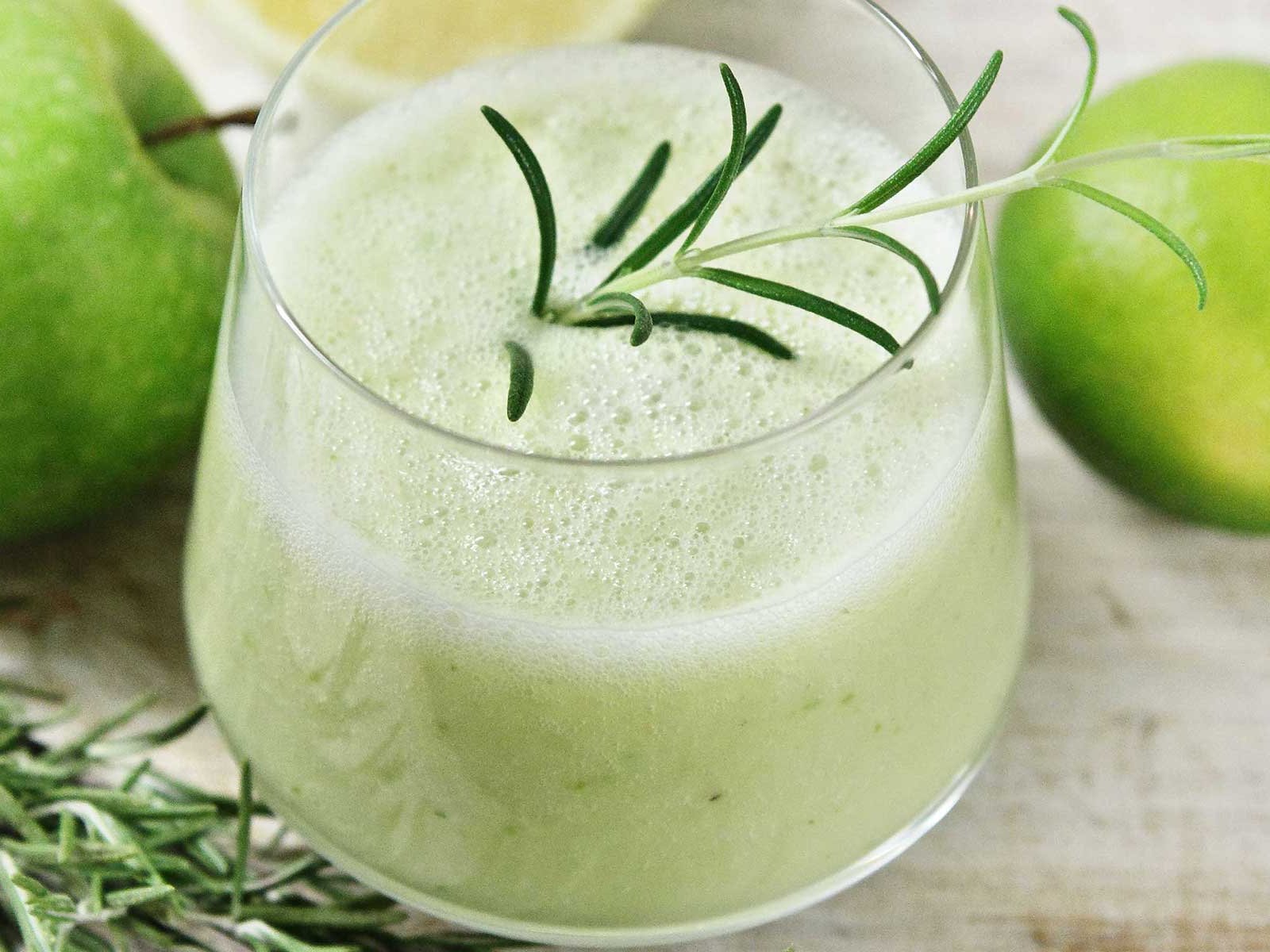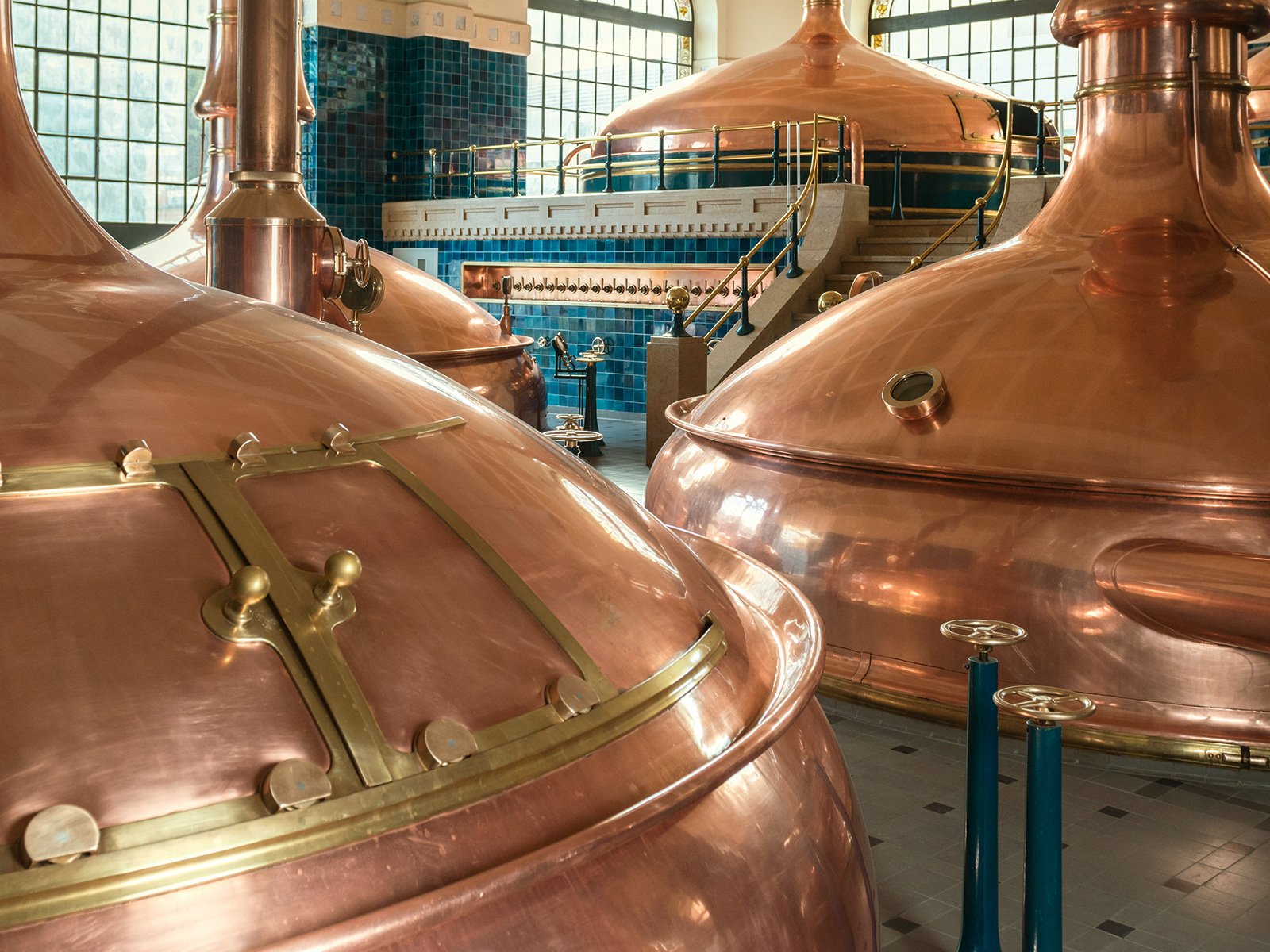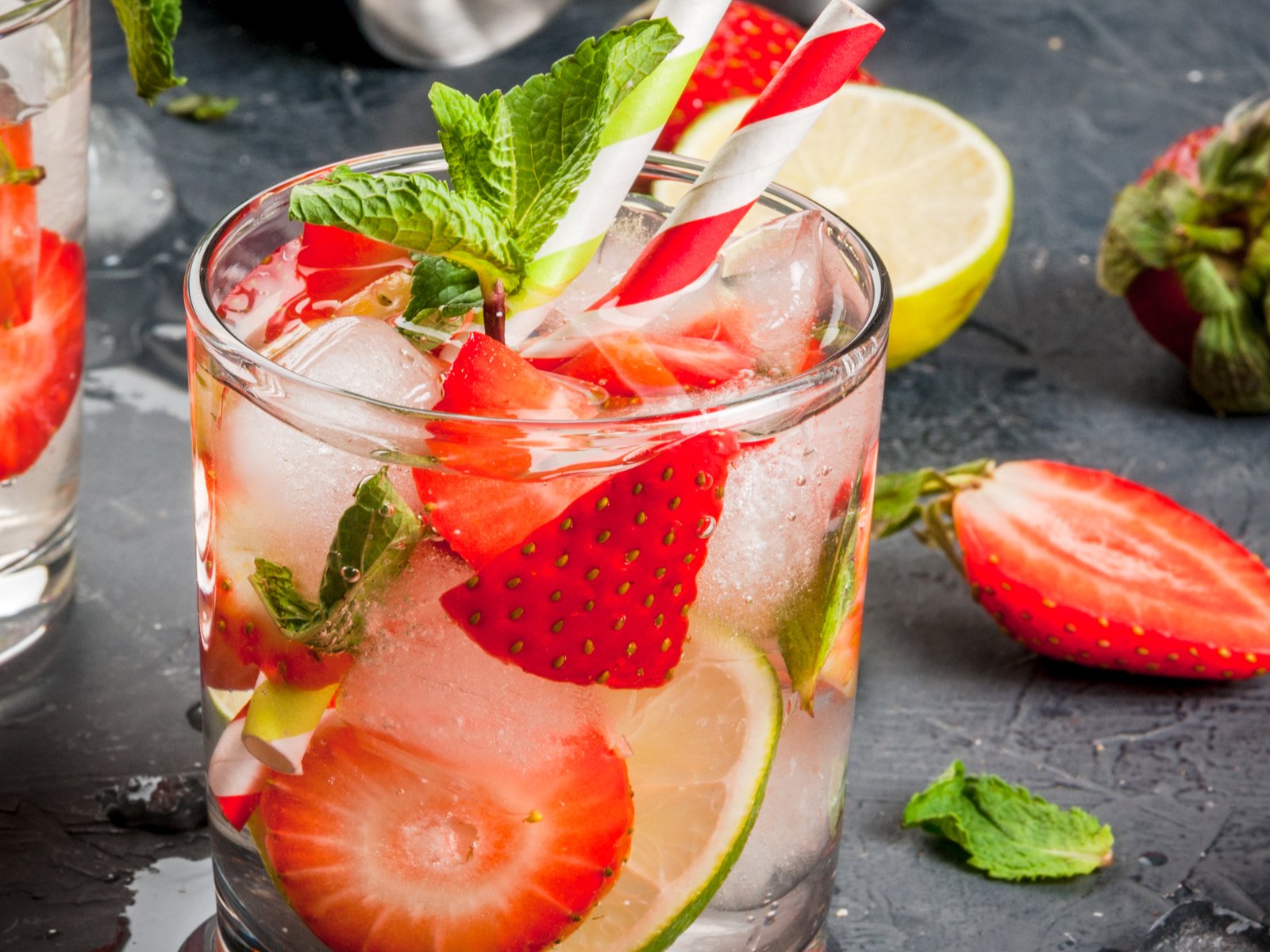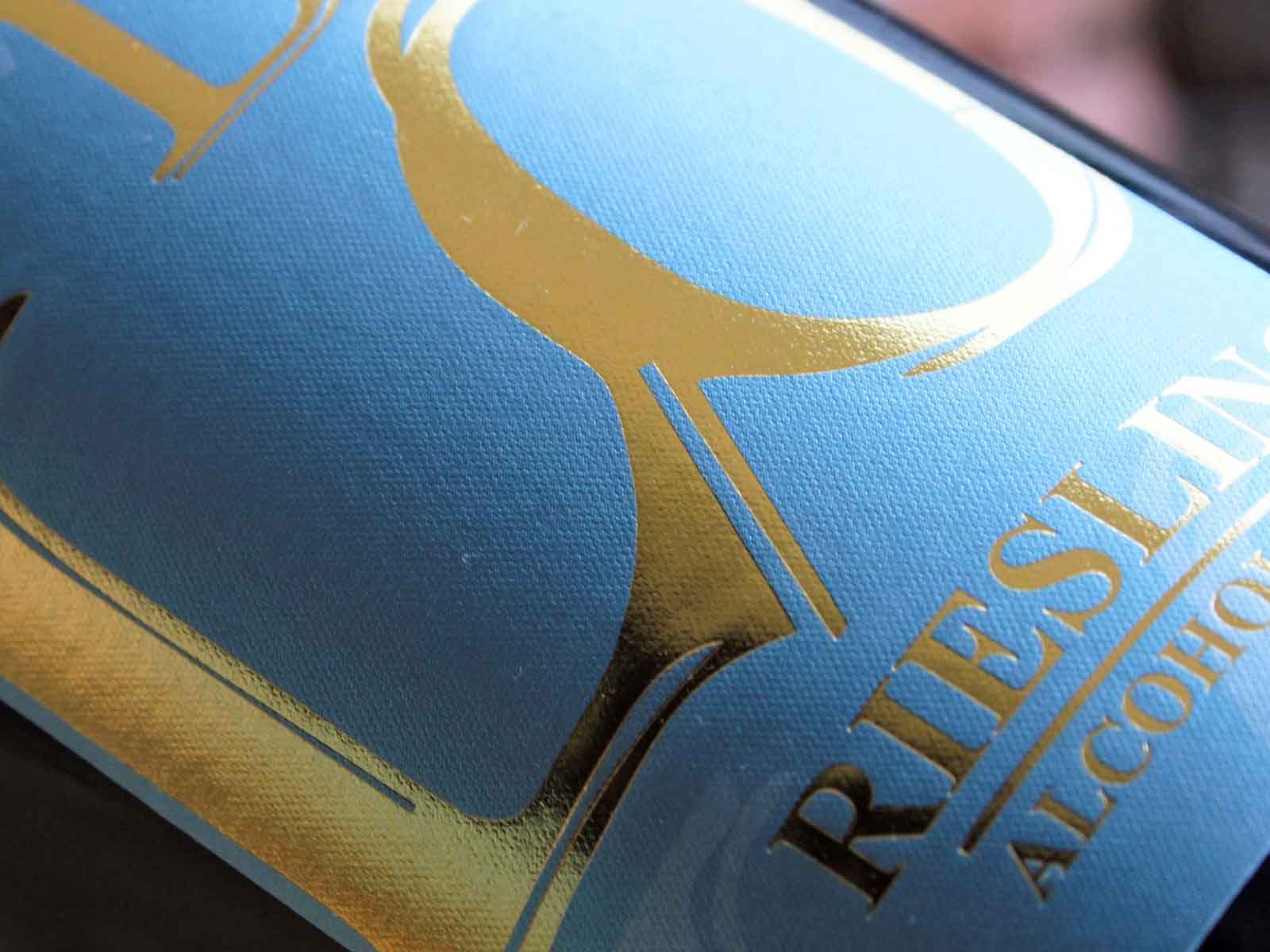Science: The Added Value of Mineral Water
We should drink about one and a half litres of fluid a day, ideally calorie- and alcohol-free. Water is, of course, the front runner. But what is the added value of mineral water? And why do the waters taste different?
Are all waters the same? No, natural mineral water differs in some respects from drinking water, spring water and table water. In Austria alone, you can choose from about 30 natural mineral waters that are characterised by their composition. By law, this must remain constant within a certain range of fluctuation. Mineral water is formed by rainwater that seeps and filters through many layers of rock before it collects in an underground spring; the spring must be named and should be published on the bottle.
On the way down, mineral substances and trace elements accumulate in varying concentrations depending on the surrounding rock. This gives each mineral water its individual character and taste. When water percolates through limestone, it accumulates hydrogen carbonate and calcium; when it works its way through mineral rock, it contains more magnesium, for example. Sodium and chloride come from underground salt deposits in the primordial oceans, so it is naturally mineralised and the minerals are present in the water in dissolved form. This means they can be easily absorbed by the body.
Calcium from mineral water is just as available as from milk. For those who do not drink milk, calcium-rich mineral waters are an interesting option to reach the recommended daily ration of 1,000 milligrams. Magnesium can also be efficiently absorbed from mineral water. From 250 milligrams of calcium or 100 milligrams of magnesium per litre, one speaks of medicinal waters. Waters with a natural carbonic acid content of more than 250 milligrams per litre are called acidulous waters.
A naturally pure product
An essential criterion for mineral water is the purity of the source. This means the water is pure, without the need for treatment (and indeed it must not be). Mineral water must be bottled directly at the source. However, before the it can be put on the market, the source must be officially approved by the Ministry of Health. Even after that, controls are carried out several times a year. Apart from carbonic acid, no other substances may be added, however, iron, sulphur and carbonic acid may be removed for optical or taste reasons.
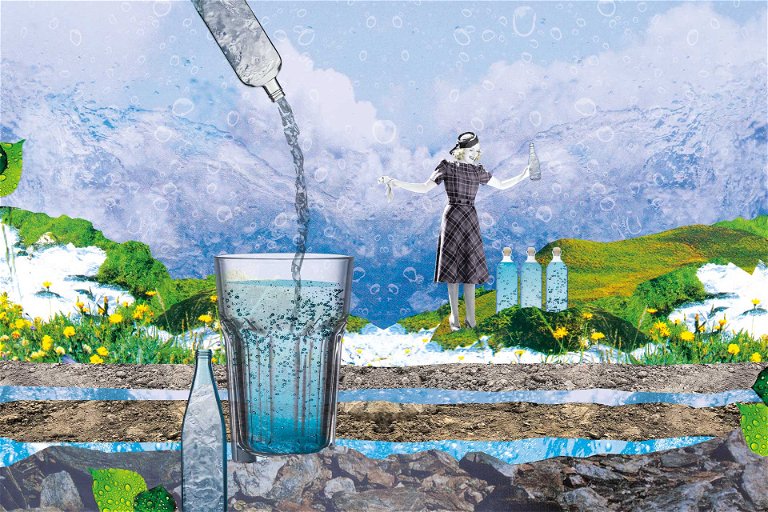
Question of taste
Depending on the temperature and the dissolved minerals, water tastes different. While lukewarm water tastes rather unpleasant, cool water is refreshing, ice-cold water can be shocking. According to water sommeliers, the ideal drinking temperature is around 11°C/52°F. If it is colder than this, taste perception is reduced. The dissolved ingredients and the carbonic acid provide the characteristic taste qualities.
Water rich in sodium and chloride has a slightly salty note, water rich in sulphate tastes slightly sweet to bitter, according to the German Mineral Water Information Centre, and water rich in magnesium is "delicately spicy". The hardness of the water comes from its calcium and magnesium content. And the carbonic acid is of course responsible for the tingling sensation on the palate.
Water sommeliers now also give recommendations for food-and-drink pairings: for example, a "very slightly mineral, neutral water with a slightly tart undertone" is said to go particularly well with salads and tannic red wines such as Cabernet Sauvignon and Nebbiolo, while a water with "balanced minerality, very light and well-integrated carbonic acid and a hint of sweetness" is said to harmonise perfectly with acidic wines such as Riesling and Sauvignon Blanc, coffee, foie gras or desserts. A general recommendation is: salty mineral water with salty dishes so that the basic taste of the food is preserved. In the case of hot or very spicy dishes, water can of course simply be used to neutralise the palate so that the tongue is open again for new taste impressions.



